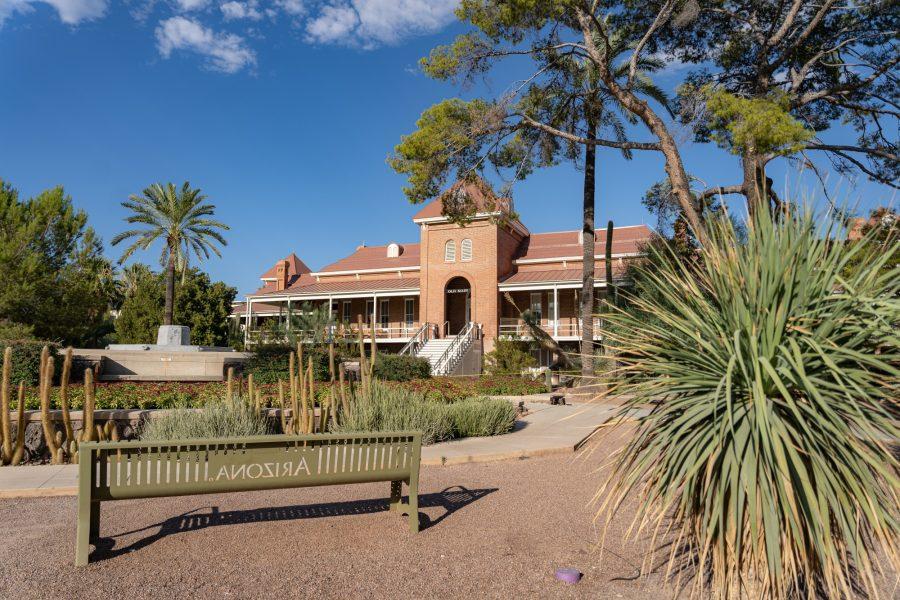The University of Arizona has a new human rights practice program that offers a bachelor’s degree and multiple graduate certificates. The program was created over three years ago and is fully online but has new additions that came out this year, including different certificates offered.
William Simmons is the professor and director of the human rights practice program. He explained that the purpose of the program is to educate students on human rights practice.
“Unlike other human rights programs around the globe, we don’t emphasize things like history and theory as much,” Simmons said. “We are an applied program.”
RELATED: Students with learning disabilities face foreign terrain in the move to online learning
The challenge they have faced with starting the program came from the university not being geared for a program that is applied and community-based. Simmons said that it is easier to create a disciplinary program that is grounded in a professional field or an academic field that has its own paradigm of how to teach curriculum.
The program aims to teach students how to address human rights issues on the ground, mostly for marginalized people. In each of the classes, students learn skills about how to move forward with human rights claims by marginalized people. The pedagogy of the program is built around video conference guest lectures from people doing human rights work.
“Students are always learning from people who are in this kind of work or who have experienced these kinds of issues,” Simmons said.
In almost all of the classes, students work on real world projects with human rights organizations or activists in that area. Currently there is a course being taught where students from the program are working with students in Kyrgyzstan to work with them on housing rights, gender-based violence and environmental issues.
Jeniffer Acevedo Castro, a student in the program, got to interview and learn from a Sudanese asylum-seeker living in Israel for her final group project. She was introduced to the issue by her groupmate who was an Israeli-American based in Jerusalem.
“Currently, I am working on a group project that explores funding opportunities for [a Non-Governmental Organization] assisting LGBTQ asylum seekers,” Castro said.
There are a lot of different career options from this program depending on students’ interests. Castro said she wants to use her degrees in a future career in international conflict resolution. She explained that the program taught her that there are many activists and civil society organizations around the world working tirelessly to rebuild their communities following war and mass violence.
“I hope to draw lessons from these stories and what I have learned about international human rights law and apply as a future U.S. diplomat,” Castro said.
Simmons explained that the faculty learn almost as much as the students.
“The faculty are not usually the experts in the room,” Simmons said. “I mean, our students especially in our master’s program, come from all over the place and they often come with a wealth of knowledge and experience. We are all learning from each other.”
RELATED: The future of science education: Q&A with the creator of a new chemistry course
The curriculum was made to be flexible, so when there is a human rights issue going on the students can address it within the course.
Simmons wants the program to be an agent of change around the globe. As well, their goal is to teach the next generation of human rights practitioners and they hope that, through the programs classwork, they can actually advance human rights for marginalized people around the world. Some students in the program are interested in working for larger organizations like the United Nations or Amnesty International, while others are interested in working for local NGOs.
“I want us to be as cutting edge as possible and I want us to leverage online technology to provide the best educational experience for our students,” Simmons said.
Candice*, who is majoring in human rights practice, said via email, “I love that there are students and professors from around the world, each one with diverse perspectives and experiences. It has been a privilege to learn from them and interact with them.”
*Editor’s Note: This student did not want their full name referenced due to privacy concerns.
Follow Jillian Bartsch on Twitter









